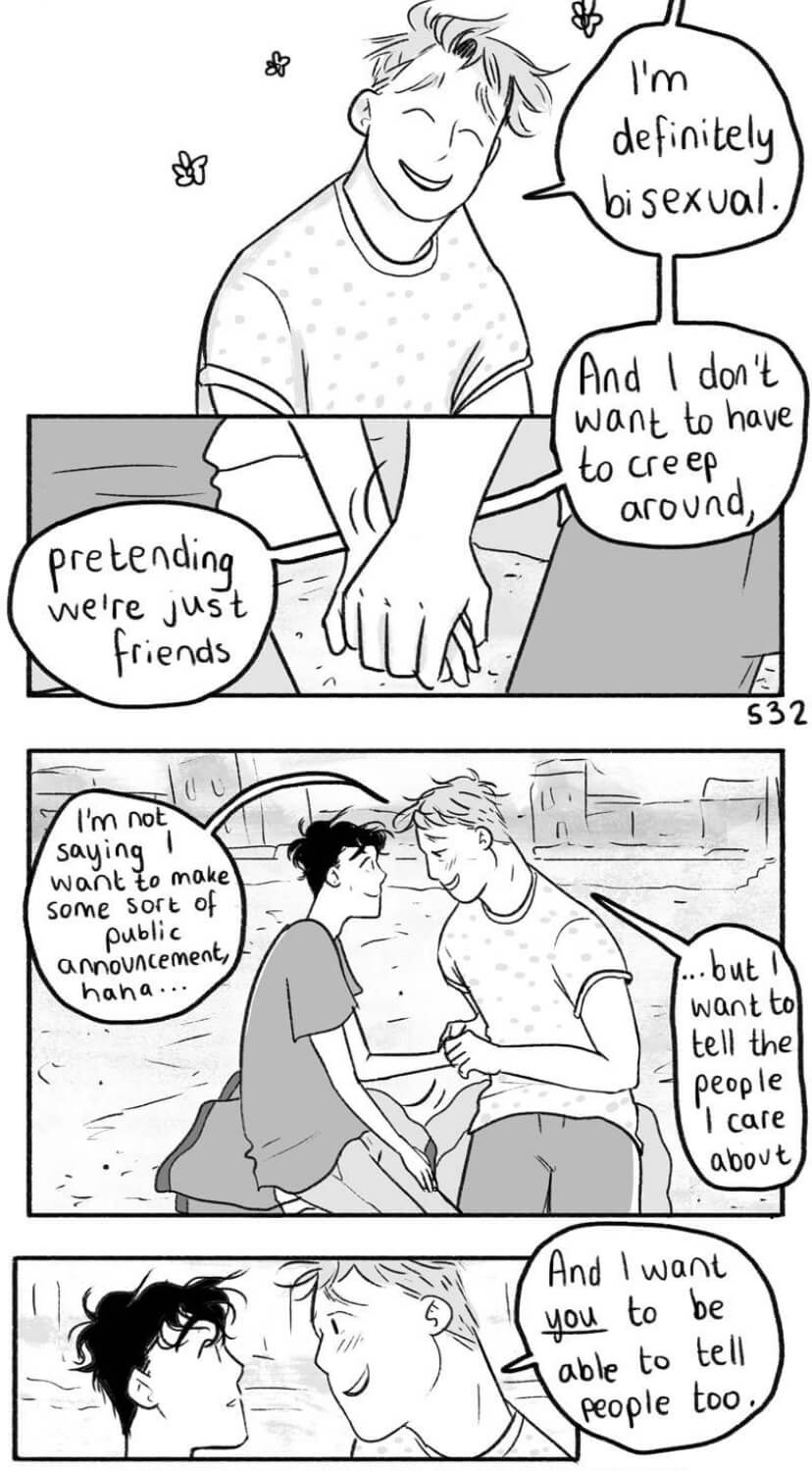Guatemala's new president vows to fight discrimination
Japanese politician calls for same-sex marriage recognition
My little break turned out to be a little longer than I’d hoped, as I was actually without reliable internet access all week last week. Luckily, it was a fairly slow news week overall, but it looks like that’ll be turning around as fall legislative sessions are just around the corner. So let’s dive in:
Guatemala elected a new, left-wing president yesterday. Although both candidates opposed same-sex marriage, winner Bernardo Arévalo was the less stridently anti-LGBT of the two candidates in the runoff, and he has pledged not to discriminate based on gender, LGBT status, or religion. Arévalo’s campaign was focused mostly on fighting rampant corruption and restoring law and order in the country, and he must pass any initiatives through a divided congress.
Ecuador also had the first round of its presidential by-election yesterday, and the second-place finisher has similarly pledged to advance the rights of LGBT people in the Andean country. In particular, Daniel Noboa has pledged to ban discrimination against LGBT people and provide medical treatment for gender transition. The runoff election will be held Oct 15.
A legislator on the Isle of Man (a UK crown dependency) has initiated consultations on a bill that would update the island’s family laws to recognize same-sex parents and children born via surrogacy, in line with law in the UK.
A city councilor from Japan who recently married his Taiwanese partner in Taiwan is calling on his nation’s government to legalize same-sex marriage, noting that same-sex couples do not enjoy equal immigration rights as heterosexual couples.
Inquirer has a report suggesting domestic politics is driving a recent crackdown on LGBT people and expression in Malaysia, where the Islamist opposition is gaining in popularity, and the prime minister is beating back long-standing rumors about his own sexuality. The opposition has called for an upcoming Coldplay concert to be cancelled due to the band’s support for LGBT rights.
And now the news we missed over the past week:
Serbia’s Prime Minister Alexander Vucic reiterated in an interview that he would veto any same-sex union law that came to his desk, drawing criticism from Serbian Pride.
HRW reports that Jordan’s new cybercrime law may be a threat to LGBT people, as it includes vague prohibitions against distribution and consumption of “pornography” online, a prohibition on promotion of “immorality,” and bans on VPNs and other methods of maintaining anonymity online. Jordan is a rare Arab country where homosexuality is not actually illegal.
VOA reports that Malawi’s parliament has recommended holding a referendum to ban same-sex marriage, as its high court weighs a challenge to the country’s laws banning gay sex. Advocates point out that no LGBT activists are currently pushing for marriage rights.
Mexico’s Puebla state has issued its first non-binary birth certificate.
Maryland’s state Supreme Court issued a ruling allowing pay discrimination against LGBT workers by certain religious employers. The ruling was a surprise to the LGBT community and exposes what may have been a legislative error in the state’s equal pay laws.
Heartstopper has been pulled from the shelves of a library in Mississippi over some residents’ complaints that the boring gay coming-of-age rom-com is somehow pornographic
California’s state Republicans are debating a new platform that would delete explicit opposition to same-sex marriage and abortion from the party’s priorities. Well, they’re basically an extinct species, anyway, but you should know that US politicians are not generally bound by their party platform anyway (indeed, the US Republicans didn’t even have a formal platform for the last two federal elections).





